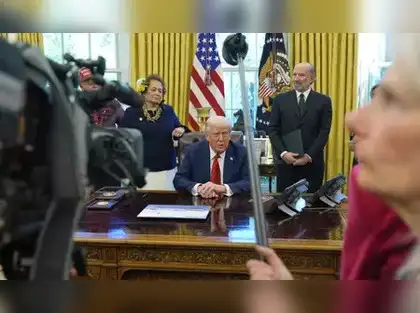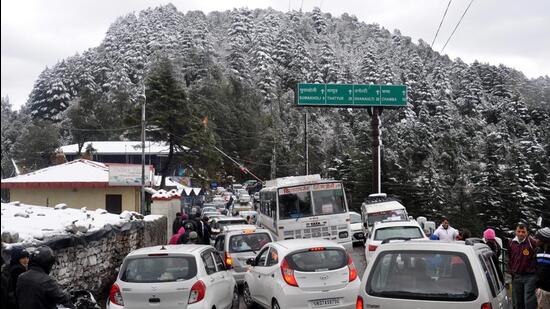SANTIAGO DE CUBA, Cuba – Jose Daniel Ferrer stood on his porch in Santiago de Cuba one morning, warmly greeting a small group of elderly and sick people who had come for help. Inside his home, Ferrer, his wife Nelva Ismarays Ortega, and their small team were serving hot meals of boiled potatoes, yucca, pumpkin, chicken, rice, and spaghetti, all cooked on an open fire.
Ferrer, 54, is not just a kind-hearted neighbor; he is a leading voice against the Cuban government. He founded a group called the National Patriotic Union (Unpacu) in 2011 to push for democratic change in Cuba. He believes that the only way to solve the hunger problem in Cuba is through democracy. “Political activism is my reason for being,” Ferrer shared confidently.
Since starting his kitchen at the beginning of the year, he has been serving over 1,000 meals a day. However, the government has made it hard for him. They threatened people who came to his kitchen, warning them of detention or losing government benefits. Ferrer claims that state security has made it difficult for him and his team to get food ingredients. The Cuban government has not commented on these claims.
One volunteer, Josefina Reyes, said she started helping Ferrer a couple of months ago but was recently threatened by the authorities for doing so. She maintained, “I haven’t done anything wrong.”
Ferrer regularly shares updates about the challenges they face through videos and social media. The U.S. State Department has publicly supported him, stating, “We stand with Jose Daniel as he provides life-saving aid to the people of Santiago de Cuba.”
Cuba’s government argues that a long-standing U.S. trade embargo is the reason for the island’s economic struggles. They run nearly 1,500 state soup kitchens, providing meals at low prices. However, many consider Ferrer’s kitchen to provide better food.
Ferrer sees his aid program as a way to inspire a bigger movement for change, but that’s a tough goal in a country where many dissidents have been jailed or forced to flee. Ferrer was released from prison this year as part of an agreement between the U.S. and Cuba.
Despite government criticism, Ferrer insists he receives no funding from the U.S. government. Most of his support comes from independent Cuban donors in the U.S. He hopes for financial assistance to continue his work. “To help here, we need policies that let us ease shortages and suffering,” he stated.





Leave a Reply